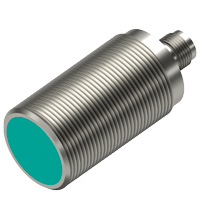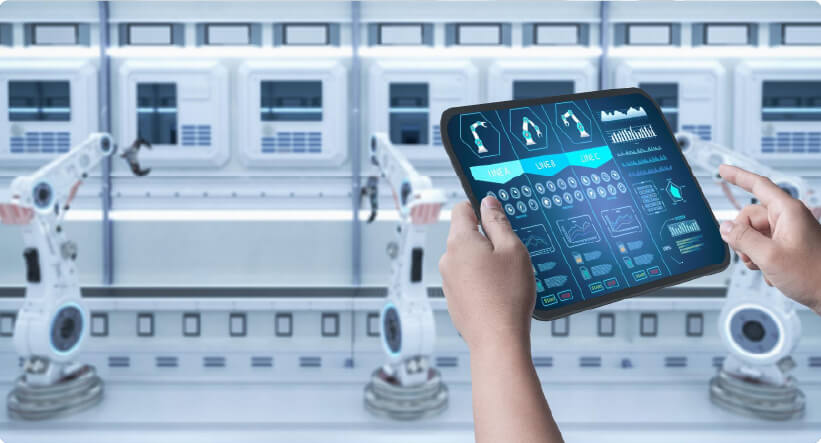China's Largest One-Stop Procurement Of PLC products

Pepperl+Fuchs Inductive sensor NBB15-30GM50-A2-V1
Pepperl+Fuchs Inductive sensor NBB15-30GM50-A2-V1China's Largest One-Stop Procurement Of PLC products
In recent news, programmable logic controllers (PLCs) have made significant strides in revolutionizing industrial automation through the integration of artificial intelligence (AI). Traditional PLCs have focused on control and monitoring functions, but the incorporation of AI technologies has added a new layer of intelligence and autonomy. AI-enhanced PLCs can analyze vast amounts of data in real-time, enabling predictive maintenance, anomaly detection, and adaptive control. This integration empowers PLCs to optimize processes, reduce downtime, and enhance overall operational efficiency. Industries such as manufacturing, logistics, and energy have already started adopting AI-integrated PLCs, revolutionizing their operations and paving the way for increased productivity and cost savings.

Another recent development in the PLC landscape is the seamless interconnectivity with the Industrial Internet of Things (IIoT). PLCs have evolved to become an integral part of the IIoT ecosystem, enabling efficient data exchange and communication between devices, machines, and systems. By harnessing the power of IIoT, PLCs can collect and analyze data from various sensors and actuators, providing valuable insights for decision-making and process optimization. This interconnectivity allows for remote monitoring and control, enabling real-time adjustments and enhancing operational flexibility. PLCs integrated with IIoT have proven instrumental in enabling smart factories, predictive maintenance, and supply chain optimization. This development marks a significant step towards the realization of Industry 4.0 and the full digitization of industrial processes.
As PLCs become increasingly connected and integrated into larger networks, ensuring robust cybersecurity measures has become a pressing concern. Recent news highlights the emphasis on enhancing cybersecurity in PLC systems to protect against potential threats and vulnerabilities. PLC manufacturers and industry stakeholders are working diligently to develop and implement robust security protocols, encryption methods, and access controls. Additionally, there is a growing focus on educating users and employees about cybersecurity best practices to prevent unauthorized access and potential cyber-attacks. These efforts aim to safeguard critical infrastructure, prevent data breaches, and maintain the integrity and reliability of PLC systems. The integration of advanced security measures ensures that PLCs continue to be reliable and trusted components in industrial automation.
Experienced service team and strong production support team provide client worry-free order service.

